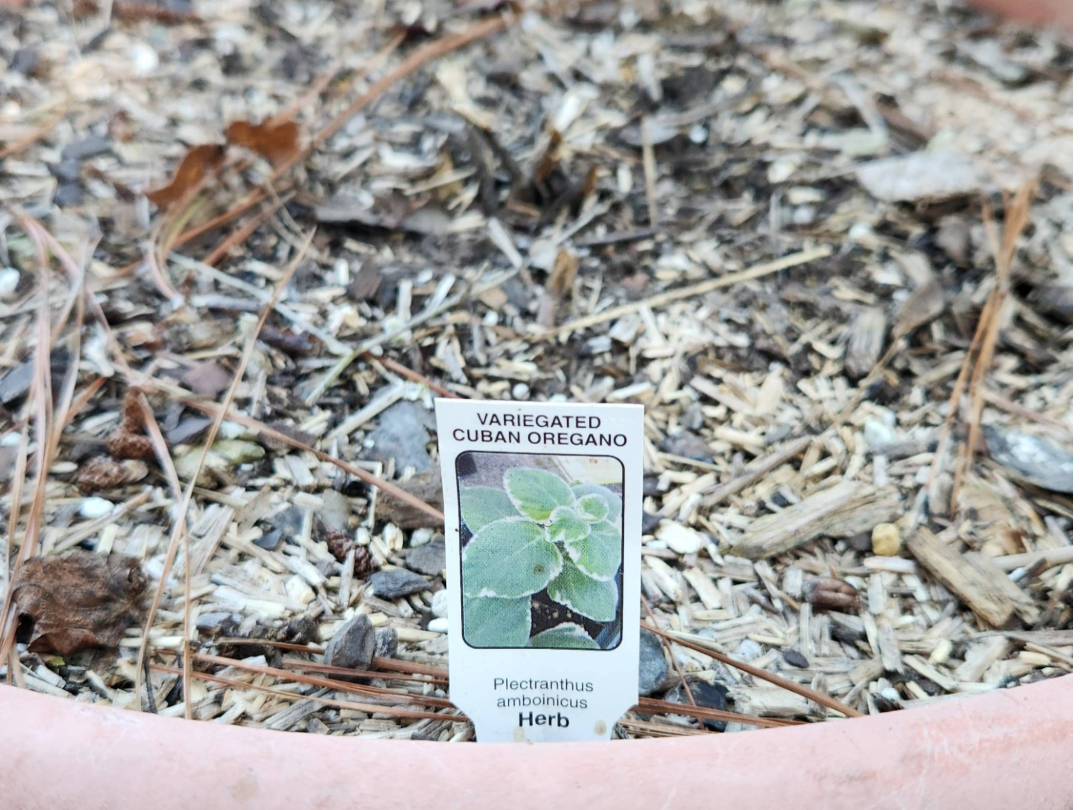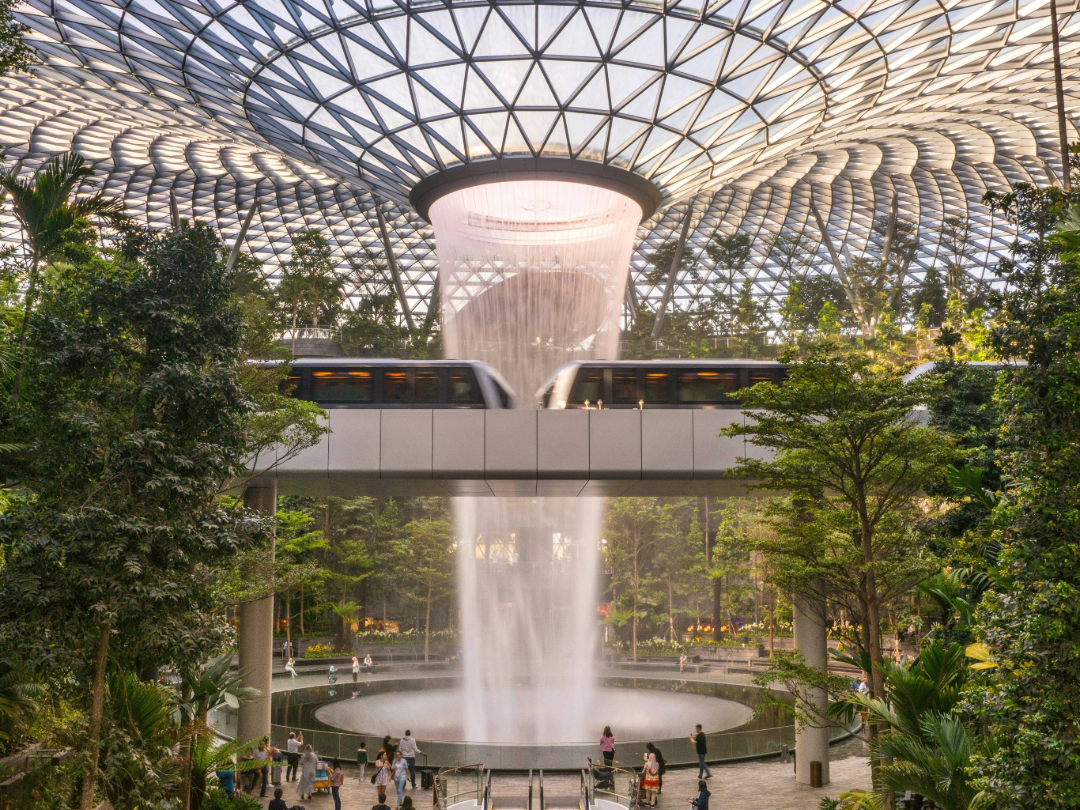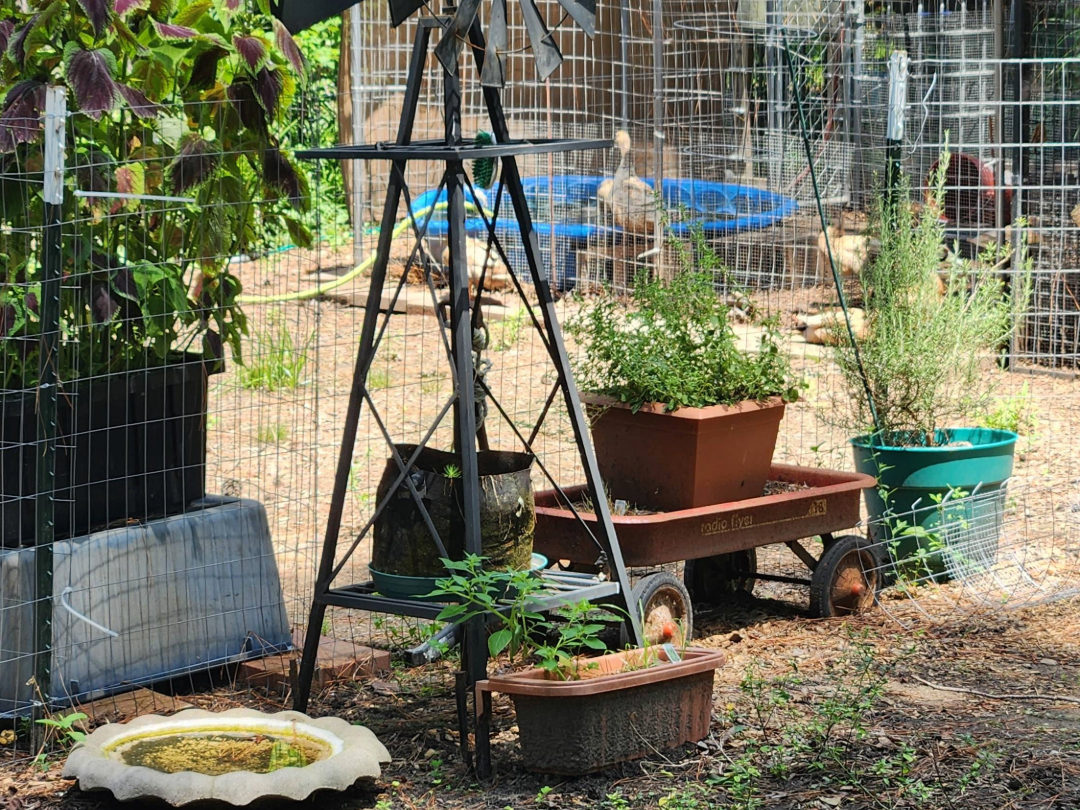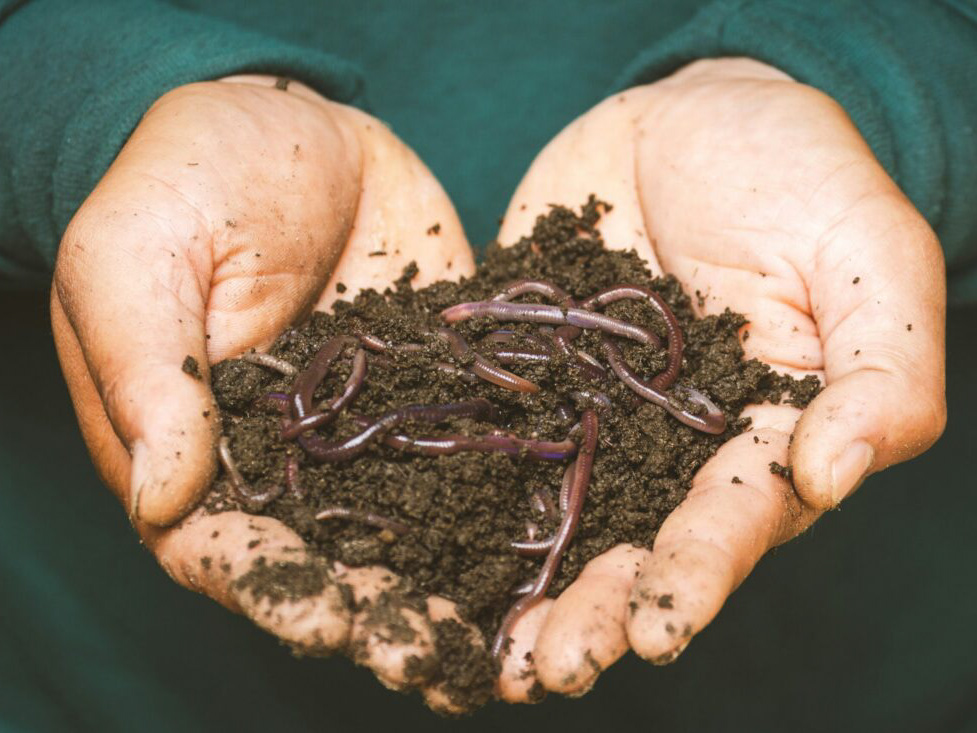Sustainable gardens are a conscientious approach to cultivation that seeks to minimize environmental impact while fostering a regenerative and harmonious relationship between humans and the natural world. Grounded in principles of conservation, resource efficiency, and ecological balance, sustainable gardens go beyond mere cultivation; they represent a commitment to nurturing the Earth and promoting biodiversity. By embracing practices that preserve and enhance ecosystems, sustainable gardens exemplify a vision of gardening that supports both present and future generations.
A Greener Future: Sustainable Gardens and Water Conservation
At the core of sustainable gardens is a focus on resource conservation. Water, a precious and finite resource, is managed thoughtfully through techniques like rainwater harvesting, drip irrigation, and the use of drought-tolerant plants. These strategies not only reduce water consumption but also contribute to the resilience of the garden in the face of changing climate conditions.
The Living Soil: Microbial Activity in Sustainable Gardens
Soil health is a central concern in sustainable gardening. Practices such as composting, cover cropping, and minimal tillage work together to enhance soil fertility, structure, and microbial activity. By prioritizing organic matter and eschewing synthetic chemicals, sustainable gardens create a thriving soil ecosystem that supports plant growth and sequesters carbon, contributing to overall environmental health.
Pollinator Paradises: Supporting Native Wildlife in Gardens
Sustainable gardens often feature a diverse array of native plants, which are well-adapted to local climates and provide essential habitat for native wildlife. Biodiversity is encouraged through the incorporation of pollinator-friendly plants and the creation of habitats for beneficial insects. These practices not only support local ecosystems but also contribute to the resilience of the garden by fostering natural pest control mechanisms.
Repurposing Resources: Creative Solutions for Waste Reduction
Reducing waste and promoting recycling are fundamental principles of sustainable gardening. Gardeners often repurpose materials, recycle plant waste through composting, and minimize the use of single-use plastics. Sustainable gardens aim for a closed-loop system where organic matter is recycled back into the garden, creating a self-sustaining and regenerative cycle.
Empowering Communities: Education for Sustainable Living
Education and community engagement are integral components of sustainable gardening. Many sustainable gardeners share knowledge about eco-friendly practices, encouraging others to adopt environmentally conscious habits. Community gardens, collaborative efforts, and outreach programs further extend the positive impact of sustainable gardening beyond individual plots to create a network of environmentally aware and active gardeners.
Gardeners for the Planet: Advocates for Ecological Restoration
In essence, sustainable gardens exemplify a holistic vision of gardening that aligns with the principles of ecological stewardship. By integrating eco-friendly practices into every aspect of cultivation, from water usage to plant choices, sustainable gardens demonstrate the potential for gardening to be a positive force for environmental preservation and a source of inspiration for a more sustainable and harmonious coexistence with the natural world.
Follow along on Facebook!








